Below are a series of facts about the Baha’i Faith, topics that many people want to know about when exploring a religion. They are answers to some of the questions we had when initially exploring it. They are presented in a loosely-ordered manner. We hope that you find them helpful!
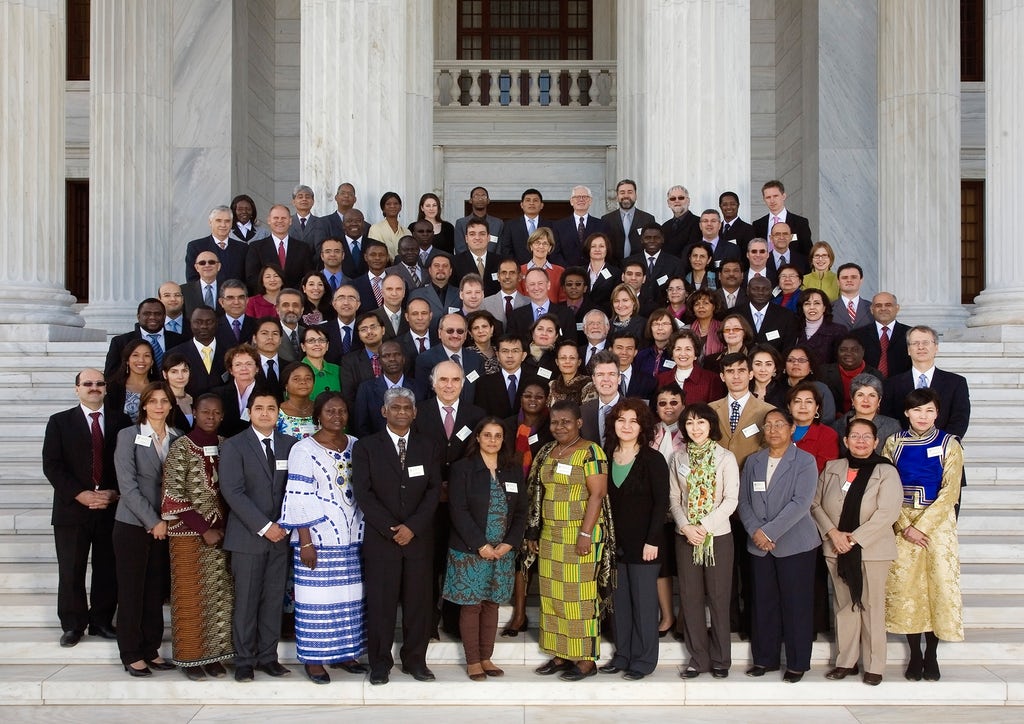
What is the Baha'i Faith?
The Baha’i Faith is the newest of the world’s major religions, with over 7 million followers in over 220 countries. It is the most diverse religion on earth and a force for peace and unity around the world.
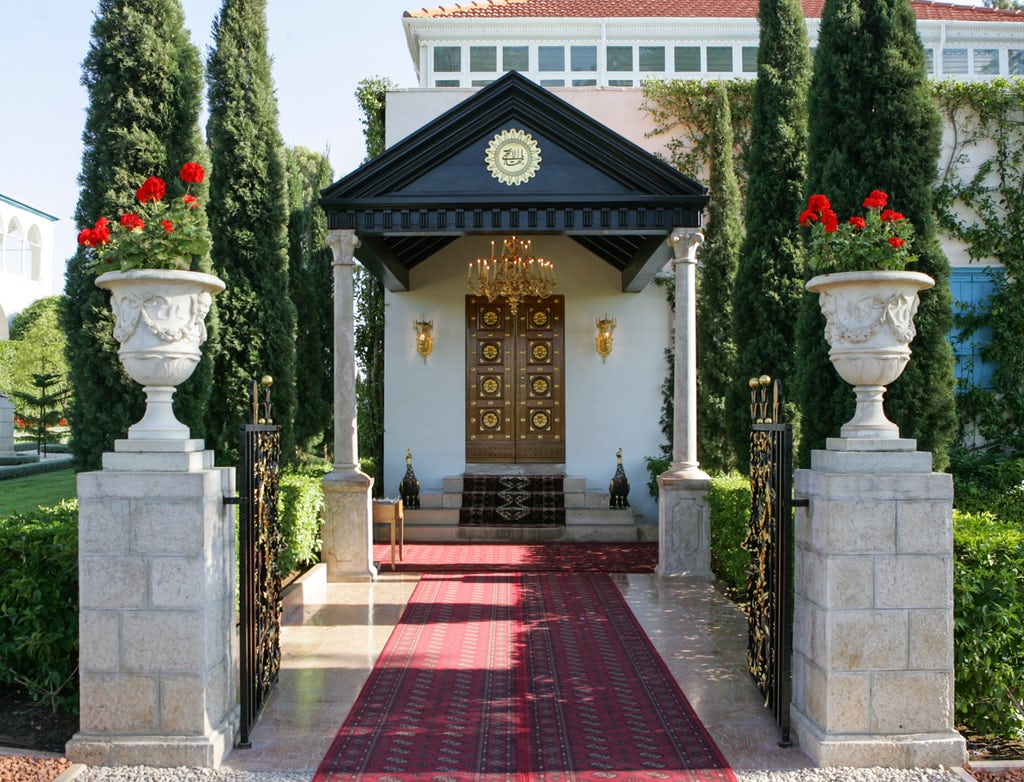
Baha'u'llah
Baha’is are followers of Baha’u’llah who claimed to be the bearer of a revelation from God for our time in history. Baha’u’llah was a Persian nobleman who lived in the 19th century and was imprisoned for most of his adult life for his claim. Baha’u’llah was extraordinary and spoke with the voice of God throughout his writings. His teachings are the most universal spiritual teachings the world has ever known.

Oneness of God
Baha’is believe that there is One God who is the Source and sustenance of all reality.
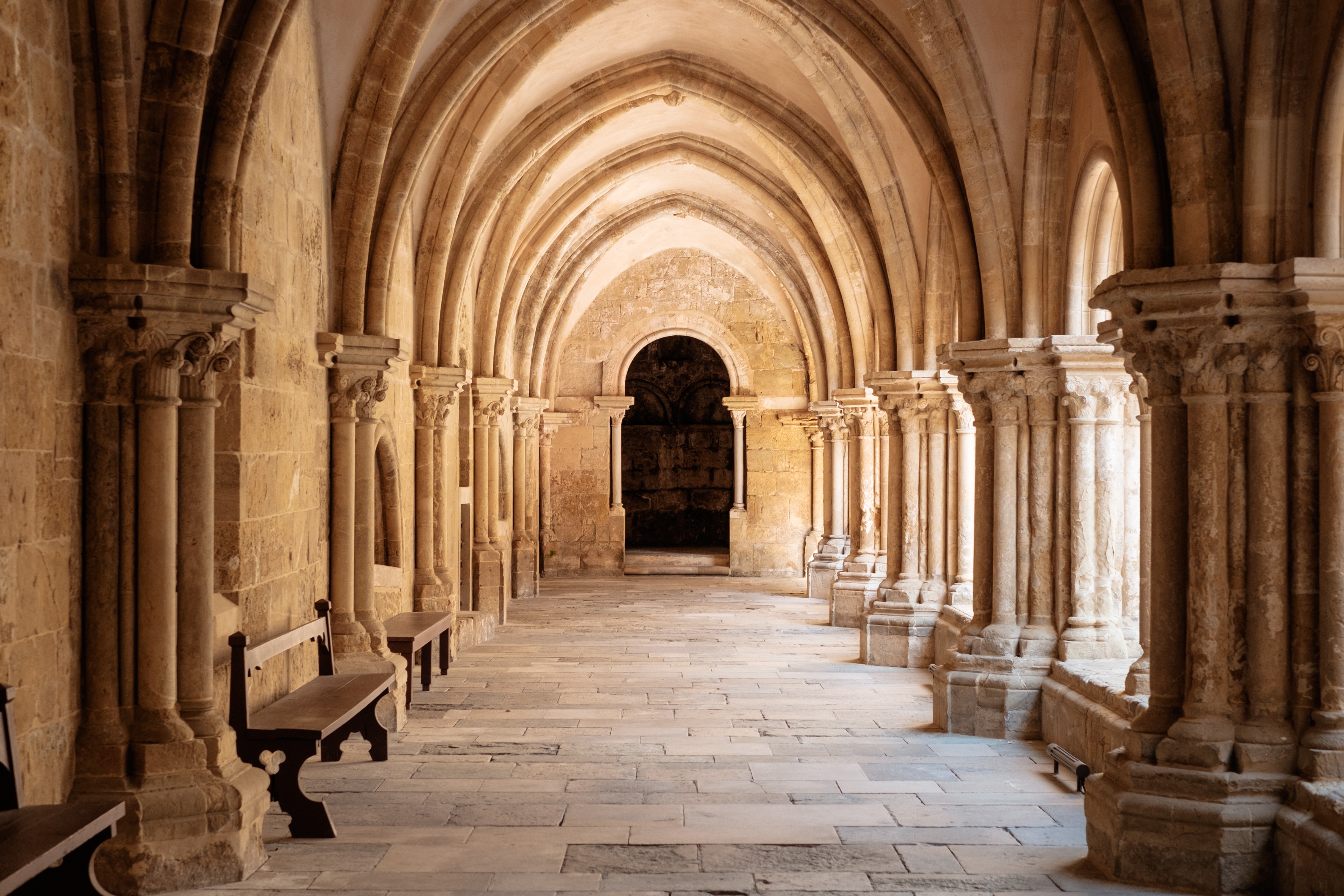
Progressive Revelation and the Fundamental Oneness of Religion
All the great religions have their origin in one God, but have been revealed to humanity progressively as we have evolved spiritually and socially. All religions are therefore fundamentally true, but as the religion of God is evolutionary, the greatest spiritual bounty a human being can experience is to accept the revelation of God for their time in history.
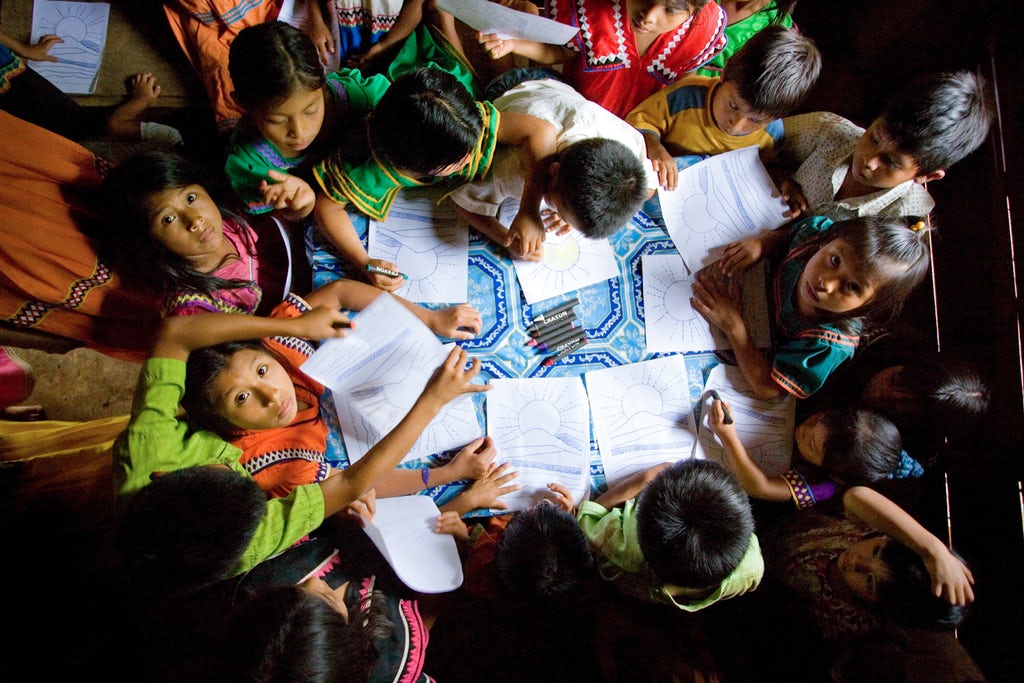
Purpose of Religion is Unity
Baha’u’llah taught that the fundamental purpose of His revelation, indeed all religion, is to bring about the unity of the human race. He taught that all people- of whatever race, religion, nation, tribe, ethnicity, and class- are beloved by God and we should regard all people as our brothers and sisters.
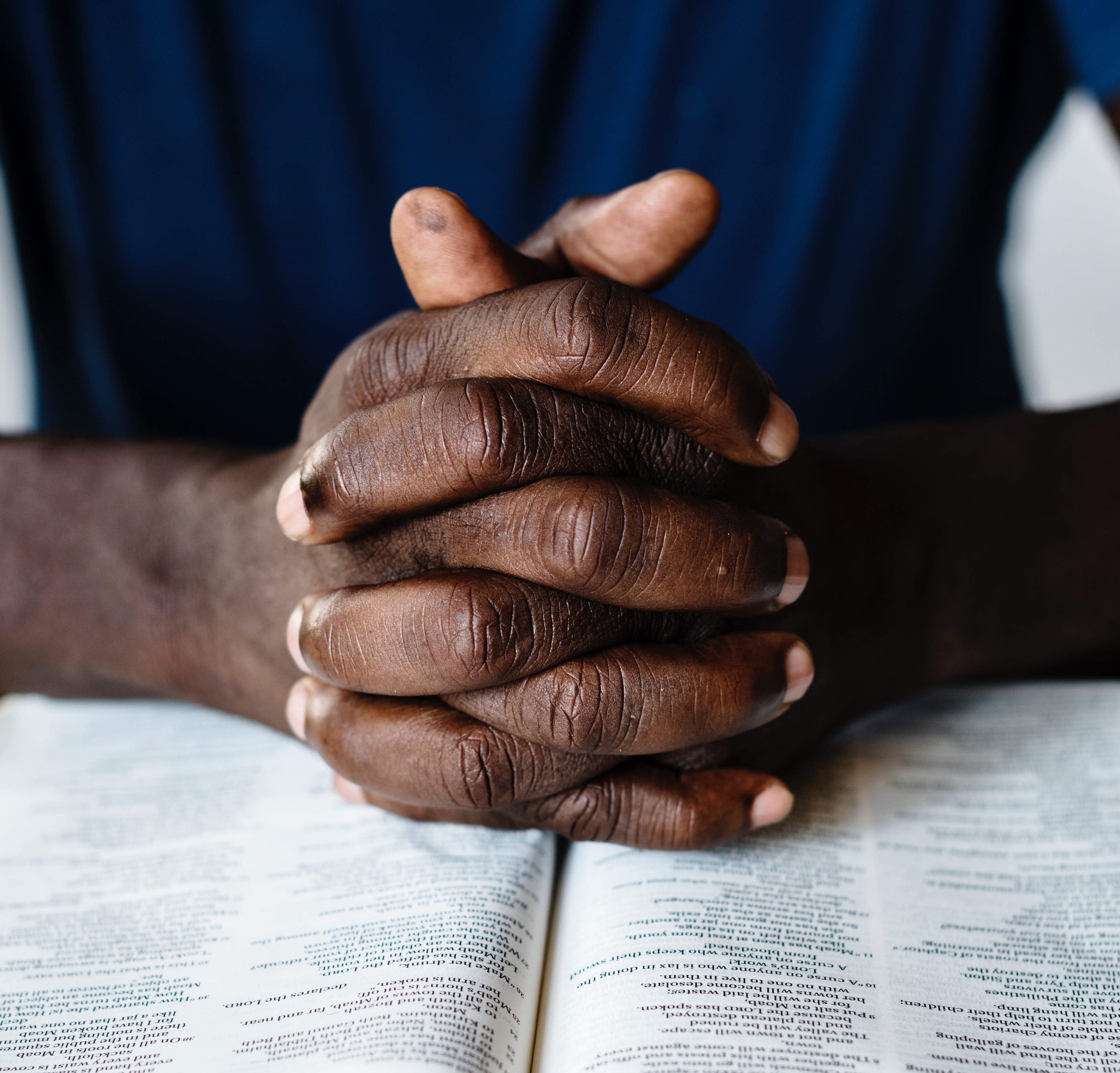
The Essence of Humans is Spiritual
The essence of a human being is spiritual, not material, and our true purpose is to develop spiritual and moral qualities that reflect who we truly are. Those qualities include justice, mercy, compassion, kindness, detachment from material things and our own ego, patience in the midst of difficulty, and the love of all people.

Commitment to Rationality
Baha'i's believe that the most truly "supernatural" thing in the world is humanity itself as we are blessed with rationality and the human spirit, both of which transcend nature. Rationality is an expression of our spiritual essence, therefore acquiring scientific and other forms of knowledge is part of our spiritual growth.

Science and Religion are in Harmony
Baha’i teachings have no significant conflicts with any major theory of science. Baha’u’llah taught that creation has always existed, that the universe and the planet are ancient, and that physical, social, and spiritual evolution is a fundamental aspect of all reality. Baha’is are not materialists, however, and believe that the fundamental basis of life is not matter, but intelligence.
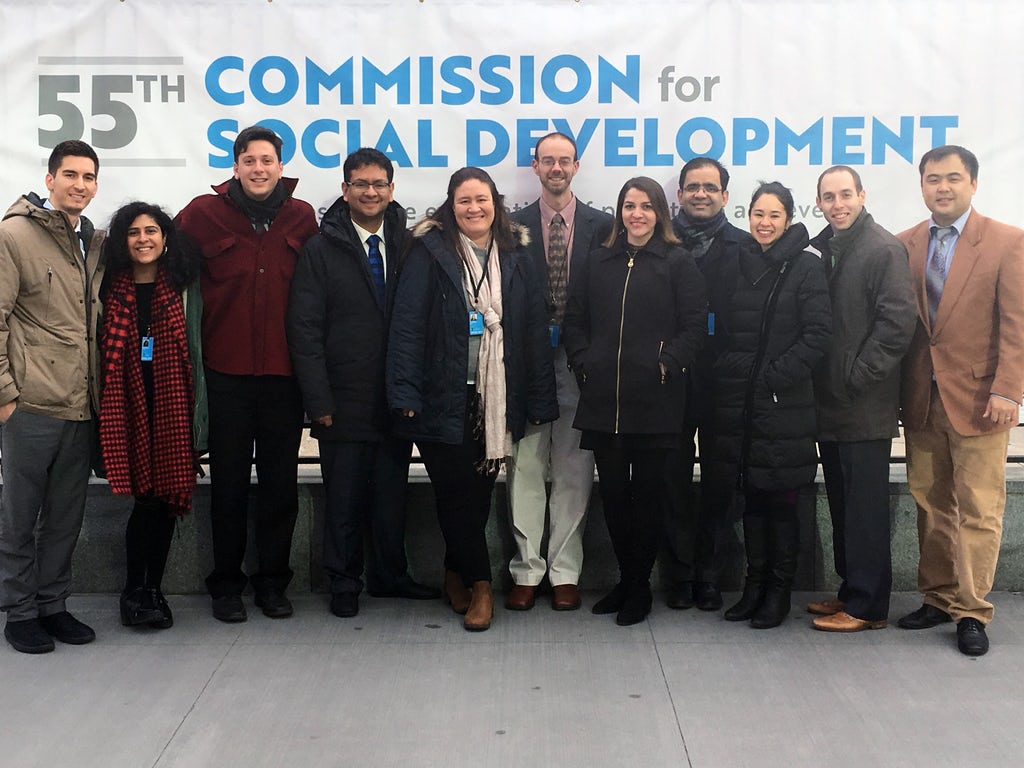
Non-involvement in Partisan Politics
The Baha’i Faith- as the message of God to humanity for our time- is sacred and entirely non-political. Baha’is are discouraged from engaging in partisan politics in any country where they reside, but instead should be engaged as loyal citizens who promote policies and principles that support the good of all people and are consistent with the message of Baha’u’llah. A Baha'i's views may or may not align with the views of a particular political party, but avoidance of "tribalism" in discussions of how to move forward as a society is a major feature of the message of our religion.
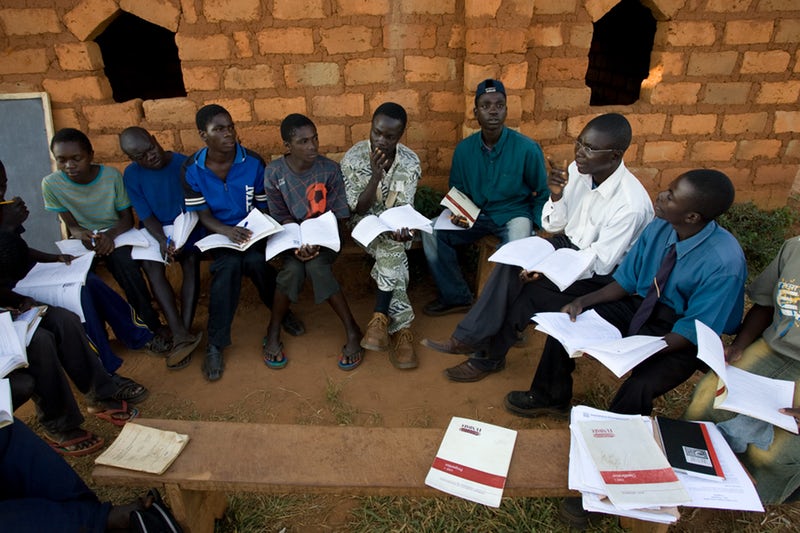
Consultation
Consultation among peoples, with frank and honest dialogue where the goal is to arrive at the truth and make the most appropriate decision that is best for everyone, is believed by Baha'is to be the future of human decision-making. It is the way Baha'i communities are structured and operate. Unity is prioritized because even if a decision is wrong and unity is preserved, the wrongness of the decision will become apparent over time and then righted. If the process is right, the outcome will eventually be right.
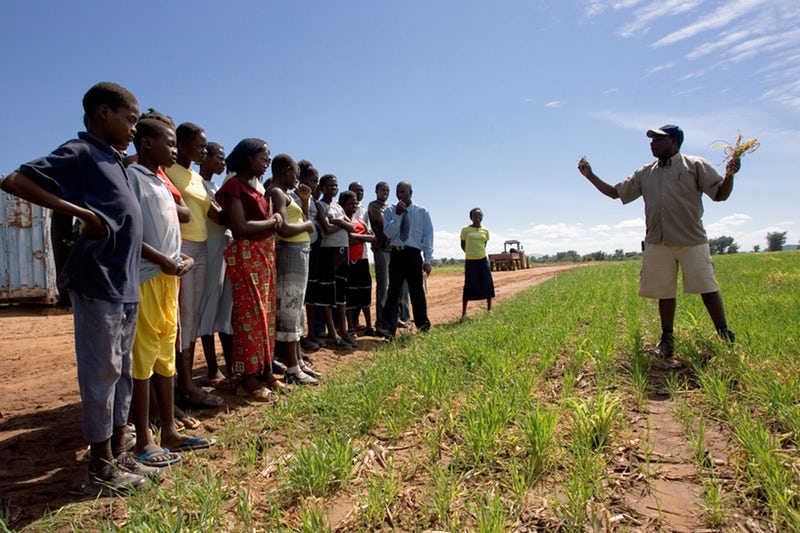
Social Principles
The principles of Baha’u’llah include equal rights for all people, universal education, elimination of the extremes of wealth and poverty, and the promotion of the education of women and their full participation in all areas of society. The education of women is regarded as one of the most critical elements of advancing civilization on our planet. .
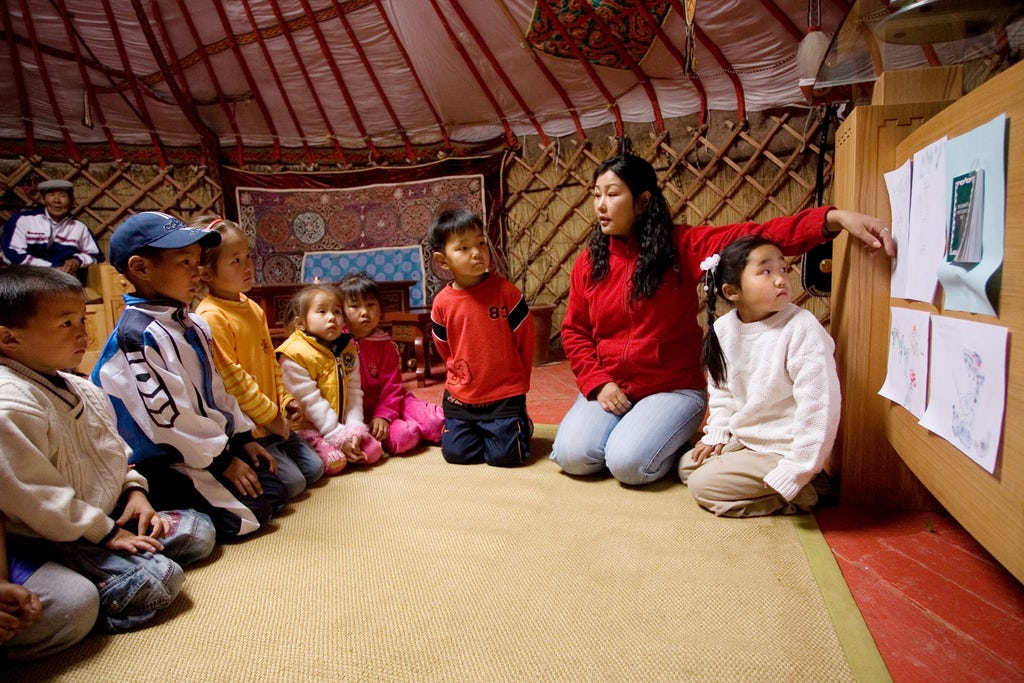
Spiritual Education of Children
Baha’u’llah specifically ordained that his followers must promote whatever is the cause of the upliftment and well-being of all the peoples on the planet. He ordained that priority be placed on the spiritual and moral education of children, but specifically stated that it should “be in such measure as not to injure the children by resulting in ignorant fanaticism or bigotry”.
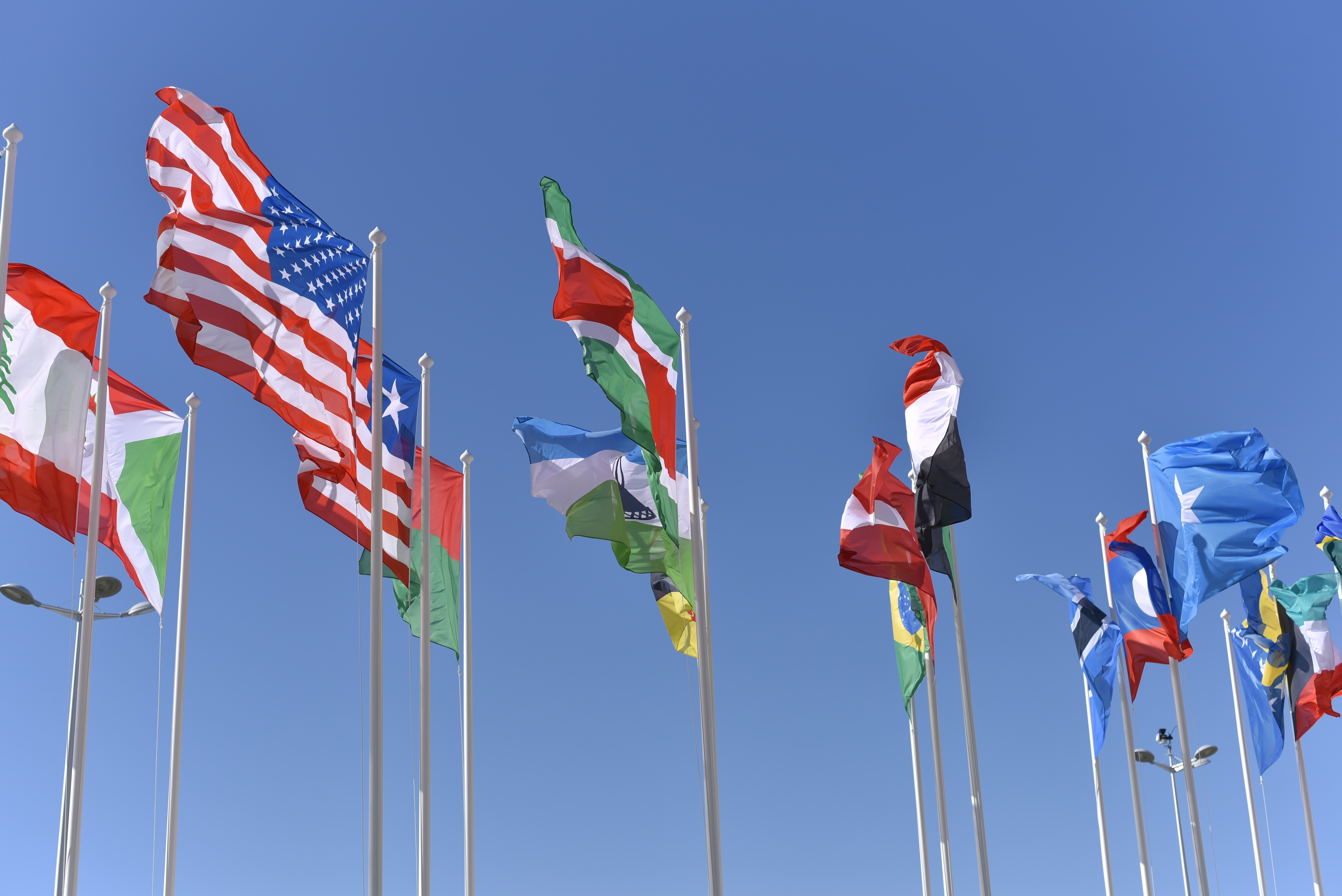
Support of Global Institutions
Baha’is believe that the future of humanity involves institutions of global governance. As humanity becomes increasingly interdependent, institutions that represent the whole of humanity and can solve collective problems must naturally evolve. A “sane and legitimate patriotism” is encouraged, dogmatic nationalism is not. Baha’is are globalists who believe that we all must develop a “world embracing vision” and that national leaders should see all their actions within the context of the needs of all the people on the planet.

International Auxiliary Language
Baha’u’llah taught that a common language should be taught in all the schools of the world, to promote the unity of the human race, so that “wherever a man may journey, it would be as if he is entering his own home”.
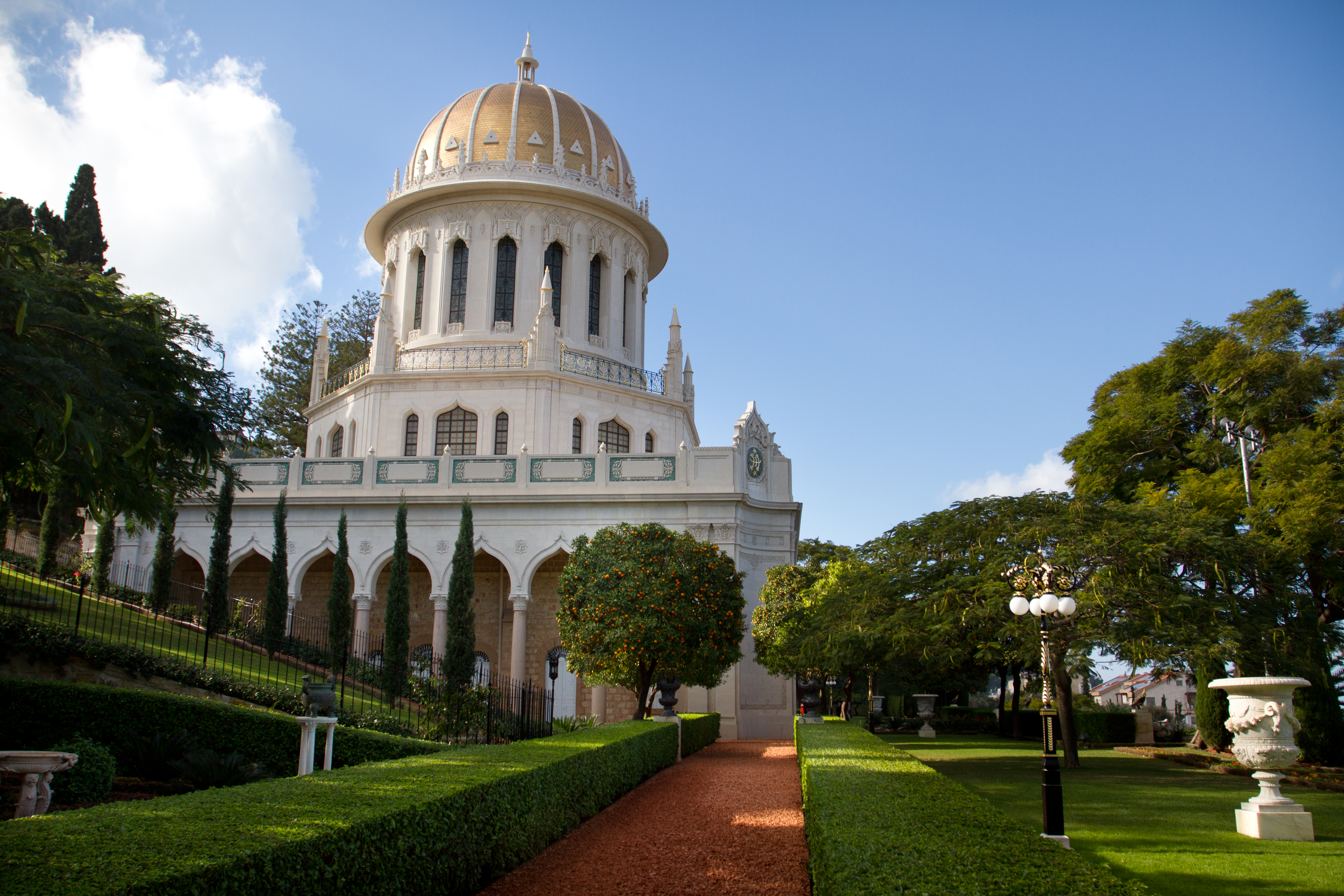
The Báb
Baha’u’llah was preceded by a young 25 yr. old prophet known as the Bab- or “Gate”- who revealed a religion that prepared Persian society for the coming of Baha’u’llah. He was so explicit in his teaching that He prohibited his followers from eating garlic, lest they come into the presence of the Promised One and offend him! The Bab and Baha’u’llah never met. At the urging of the clergy, the Bab was executed by the Persian government but promised His followers that the Promised One would soon come and be known to them in their lifetimes.
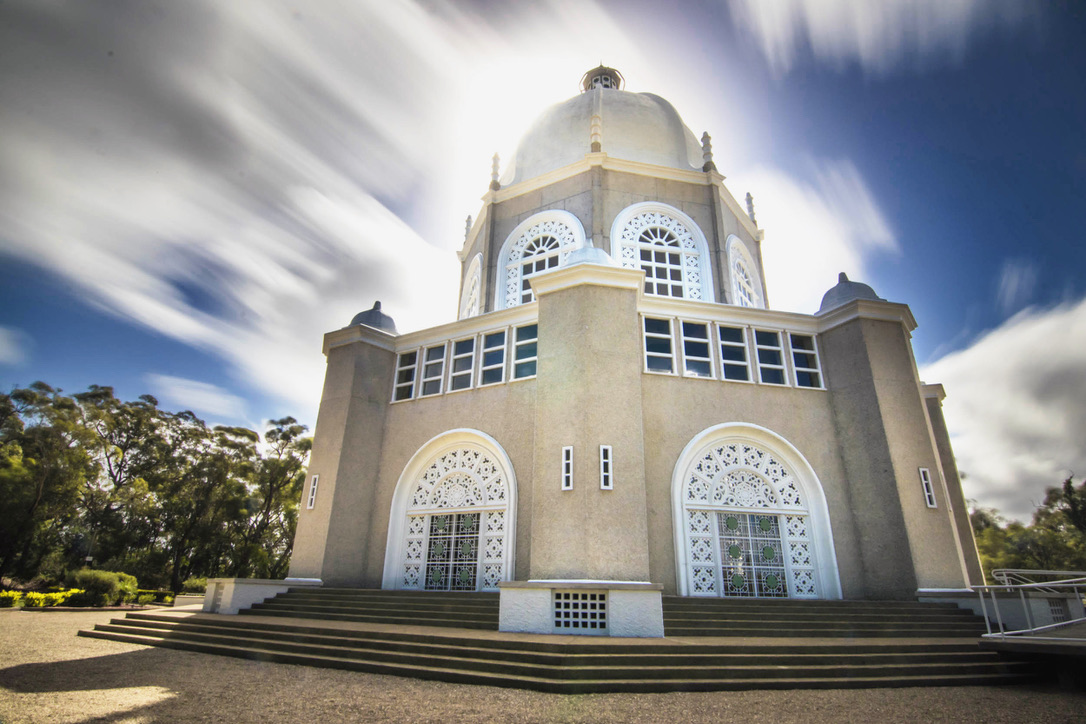
19 and 9
The Báb used the number 19 as a clue that leads to Baha’u’llah, structuring the calendar that Baha’is now use and other features of His teaching around that number. There were 19 years between their revelations and Baha’u’llah’s name, when written in the form of a number, totals 19. A shortened version of Baha’u’llah’s name totals to the number 9. Baha’i houses of worship have 9 sides and a 9 pointed star is sometimes used as a symbol of the Baha’i Faith. Neither number has any significance independent from the fact that they were used as a symbol pointing to Baha’u’llah.
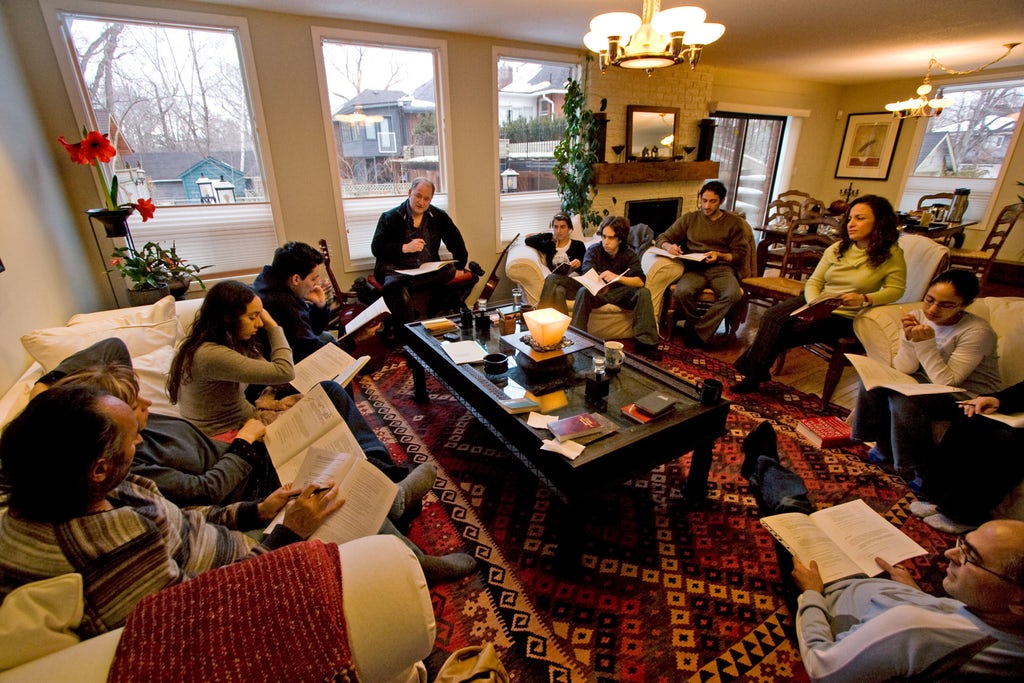
Prohibition of Religious Contention
Baha’u’llah prohibited conflict and contention of any form in the name of religion, encouraged that the message of God must be spread through honest sharing in a spirit of kindness and goodwill, and never through coercion, “spin”, or any form of oppression or proselytizing. Accepting or giving money for anything related to the promotion of the Baha’i Faith is prohibited. Only declared Baha’is can give money to the Baha’i funds, which are managed exclusively by elected Baha’i institutions.
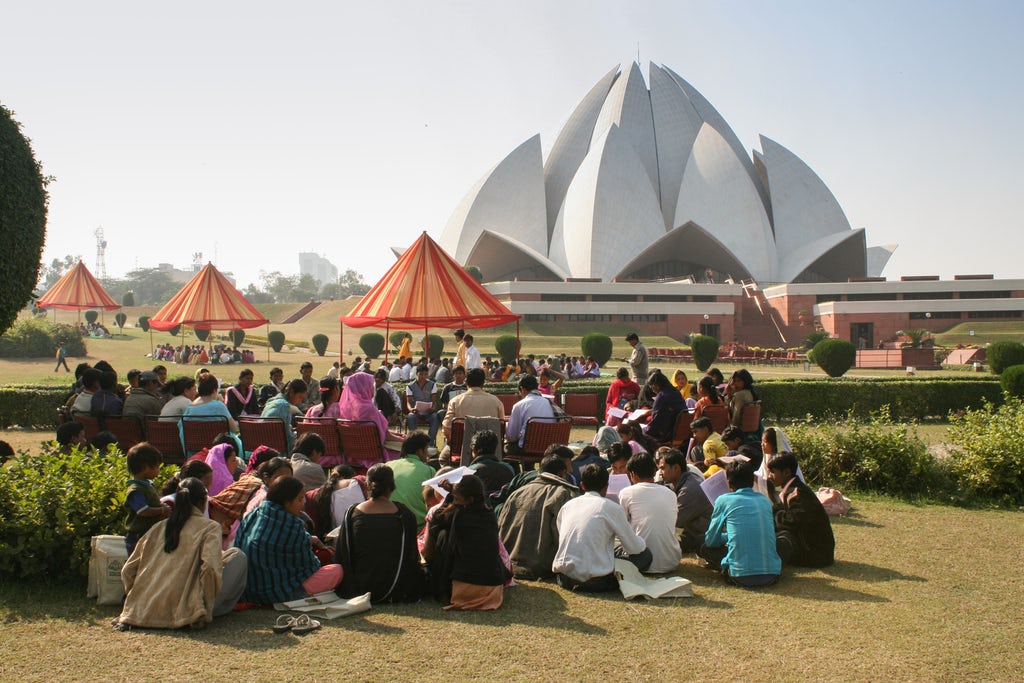
Baha'i Communities
The oldest Baha’i community is in Iran, as Baha’u’llah was Persian, but the largest Baha’i community is in India, where it’s followers come from a diverse range of backgrounds. Baha’is are not a large proportion of any one country, as the religion is very spread out. Approximately 1/1000 of the world’s population is Baha’i. The second most common religion in the state of South Carolina is the Baha’i Faith.
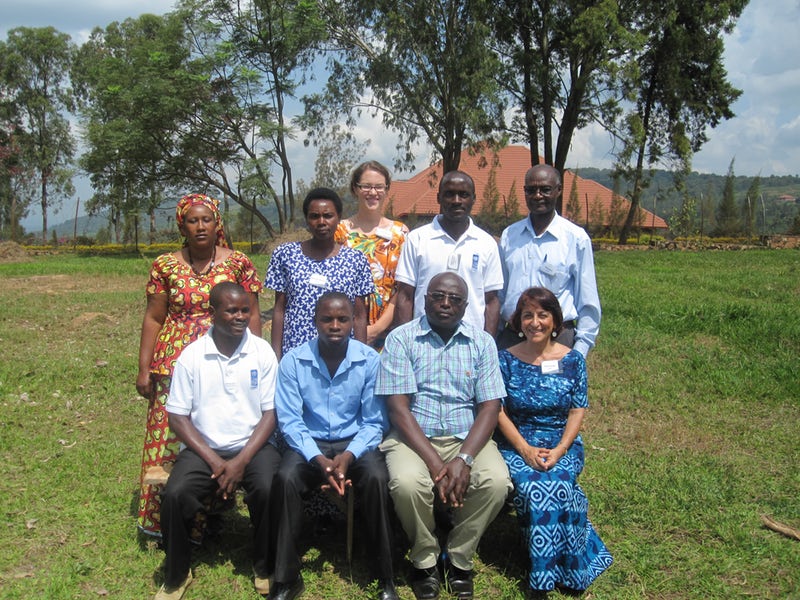
A Religion without Priests
Baha’u’llah eliminated priesthood and therefore all Baha’is participate in their community activities as volunteers with jobs that exist outside of their Faith, unless employed in specific non-permanent roles. Baha’i communities function on the principle of consultation among all members, with decisions made after collective discussion. The community is governed by elected councils who are elected with no campaigning, electioneering, or self promotion. The election of the Universal House of Justice, the international council that leads the Baha’i Faith, is the world’s largest democratic international election.

Work is worship
Baha’u’llah declared that work performed in the spirit of service is one of the highest forms of worship. Baha’is may not beg and must be productive in society.

High Standard of Personal Morality
Baha’is are prohibited from using drugs or alcohol and follow a high standard of sexual morality. The prohibition of addictive drugs and alcohol is because both impair the mind and are harmful to the body. There are no restrictions on drugs prescribed by a competent physician. Sex is regarded positively, as part of the enjoyment of life, but is best expressed in the committed relationship of marriage.

Justice and the Elimination of National and Religious Prejudice
Baha’i’s believe that the only way for our planet to ultimately have peace is if all people are treated justly and fairly, as injustice is the fuel for conflict. Humans must come to see other humans as being just like them. Religious intolerance, nationalism, provincialism, tribalism, and political partisanship should be relegated to the dustbin of history as they have no future in the world of peace and cooperation that we need to build together. They are signs of our immaturity as a species and need to be abandoned.
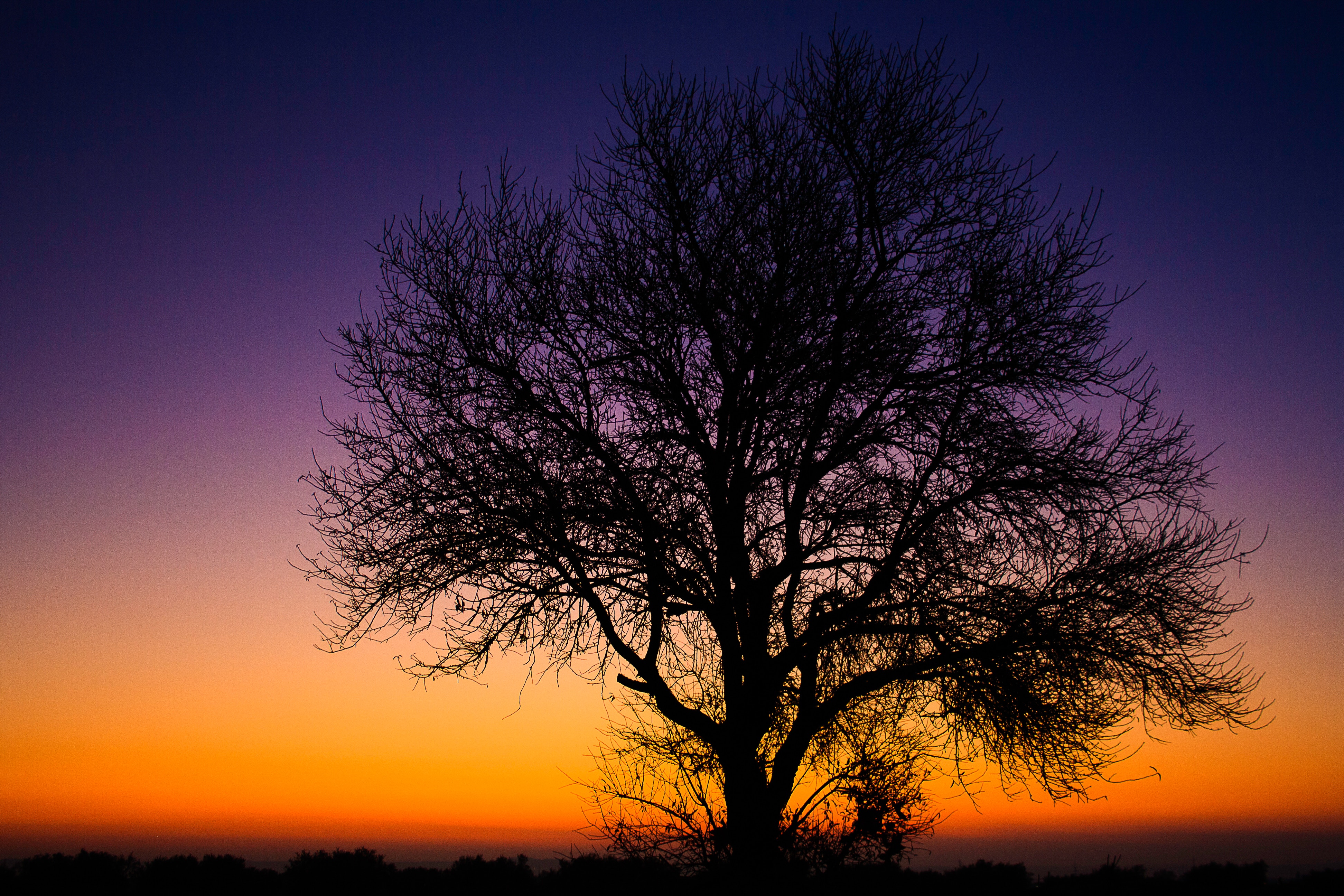
New Kind of Leadership
Baha’u’llah taught that the maturity of a society and a human being can be judged by whether people thirst for leadership. In a mature society, people accept leadership primarily to serve others and not to advance their own selfish interests, whether material or psychological. Those individuals who are leaders, whether religious or secular, who manifest justice, wisdom, and are free from selfish interests are praised very highly by Baha’u’llah.
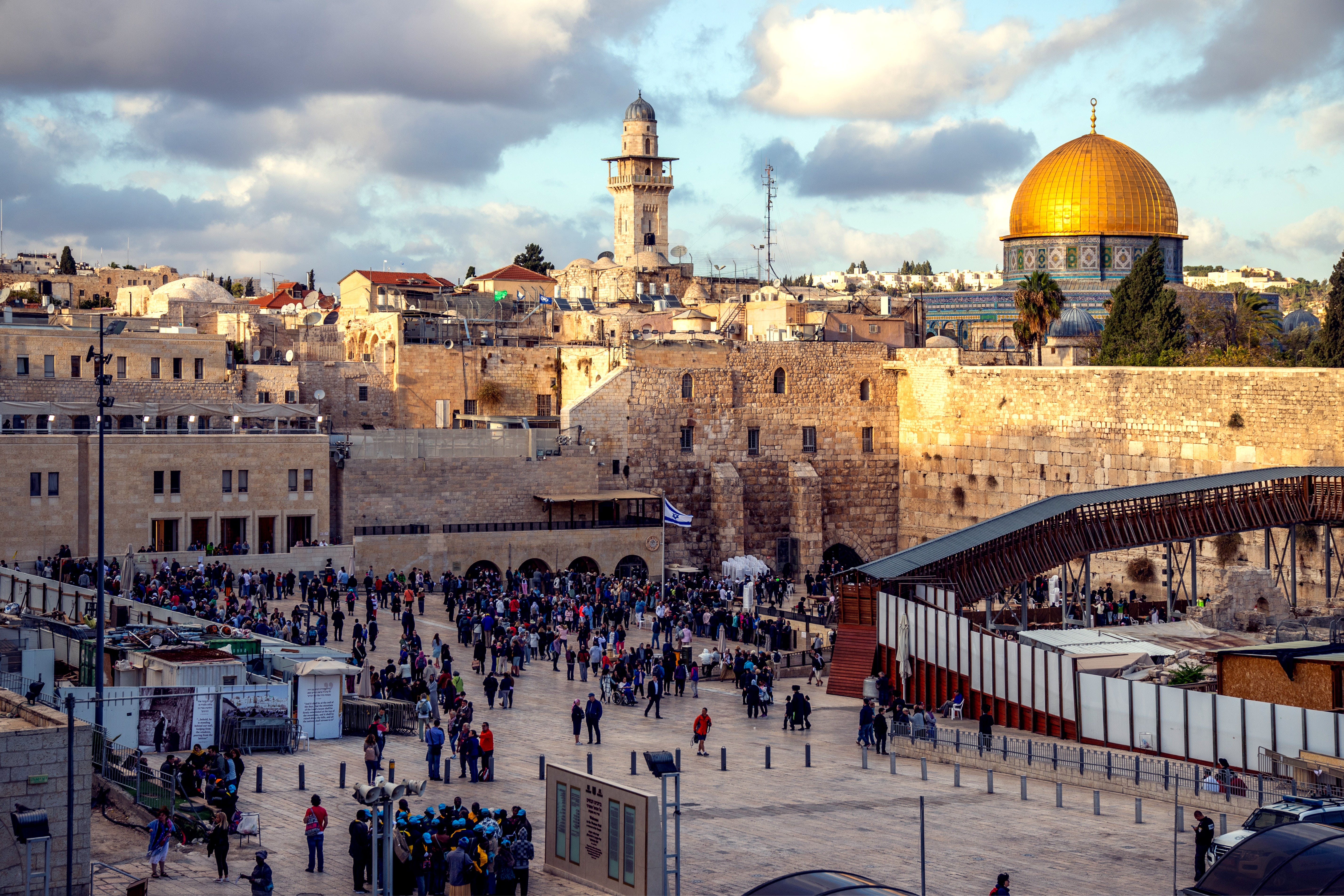
End of Religious Conflict
Baha’u’llah claimed to speak with the authority of God, describing Himself as the "Lord of all Religions". From that exalted perspective, He said that religious conflict- between Jews and Muslims, Christians and Muslims, Christians and Jews, Buddhists and Muslims- any two religions, at any time, for any purpose- are all condemned by God. Any religion or religious group that promotes intolerance is depriving itself of the blessings of their Creator. Baha’u’llah told his own followers, themselves the subject of severe persecution, that “it is better to be killed than kill”.
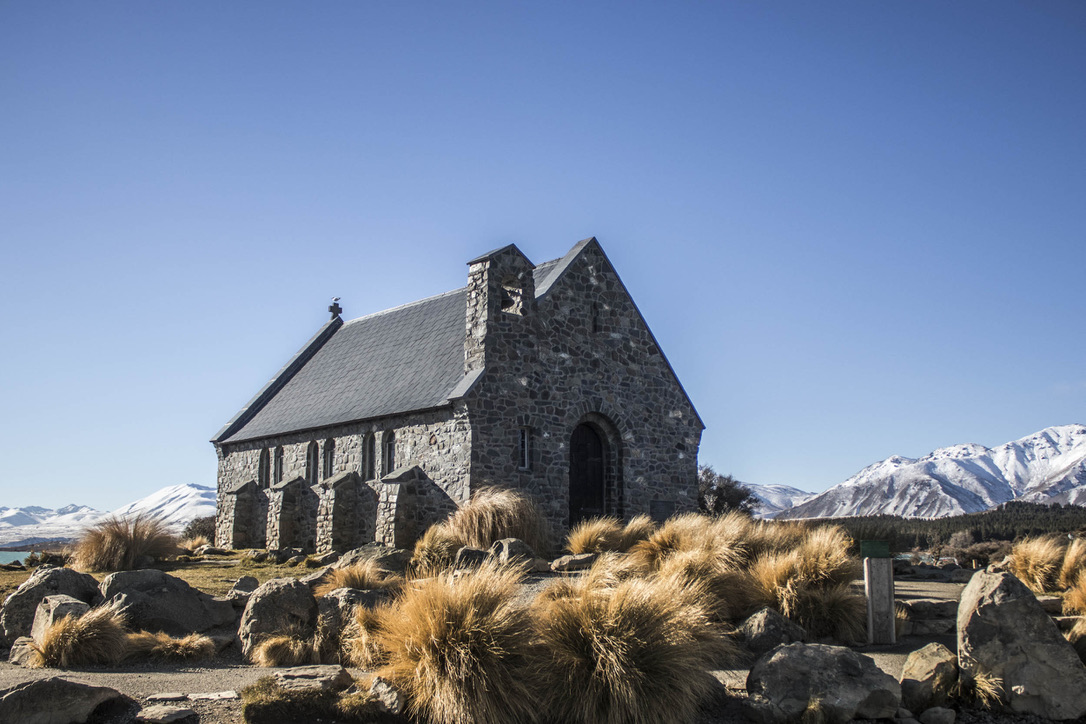
The Promised One
Baha'u'llah sent Tablets to the Kings and Rulers of the earth, in addition to Tablets addressed to the "peoples of the earth", laying forth His claims and calling people to unity and justice. With clarity and power, He spoke with the Voice of God and said he was the return of Christ and the fulfillment of the promises of Islam and all previous revelations. It's a remarkable claim and well worth exploring to see if its true!

Life after Death
Baha’u’llah taught that there is life after death, that our spirits will continue to evolve through the “worlds of God” until we manifest all the potential that exists within us. All people go to the same world after death. There is no heaven just for one religion or another. Heaven and hell are spiritual states that reflect our level of spiritual development and closeness to God, the full measure of which will be revealed to us more clearly when we die.
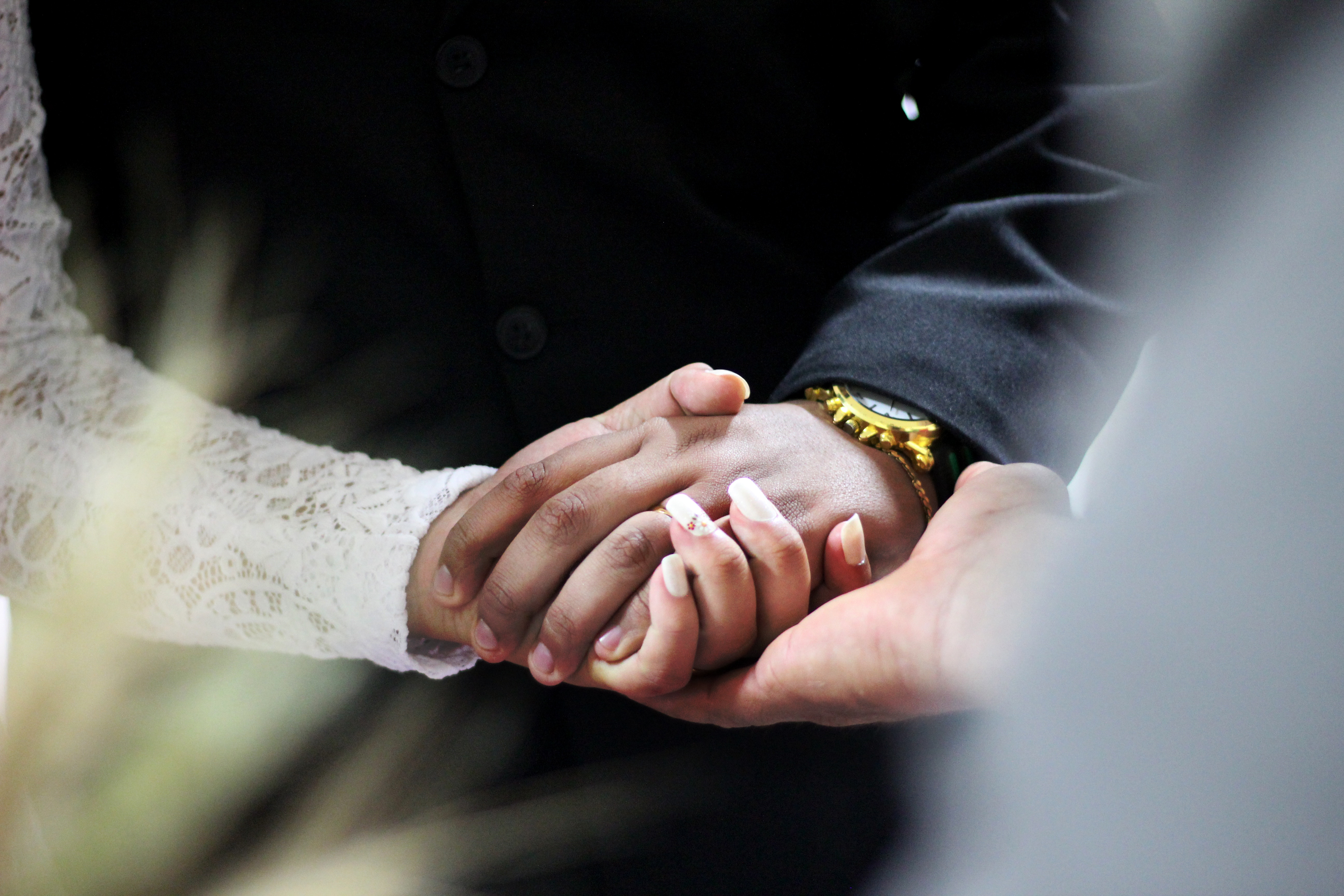
Baha'i Marriage
Baha’is are monogamous. Marriage requires both the man and the women to agree to marry- that is- arranged marriages are forbidden, though the couple must also seek the approval of both sets of parents. Divorce is allowed, but discouraged, and only after a full year of physical separation where the couple should strive for reconciliation.

Baha'i Perspective on Homosexuality
The legality or illegality of gay marriage in the civil society of any country is regarded as a civil issue and Baha’is have no formal opinion. For Baha'is, Baha’i law does not allow for gay marriage and there are no constitutional mechanisms within the Baha’i Faith for that to change, as not engaging in homosexual activity is a law of personal behavior explicitly revealed by Baha’u’llah. This should not be interpreted to mean that Baha’is are intolerant of their LGBTQ brothers and sisters. It’s simply a standard of personal behavior. Baha’u’llah declared His faith as a religion of tolerance and benevolence and all forms of discrimination and oppression are strongly prohibited. Sexuality and sexual issues are not a significant theme in the Baha’i Writings as the purpose of Baha'u'llah's revelation is to transform and illumine the spiritual aspects of our nature.
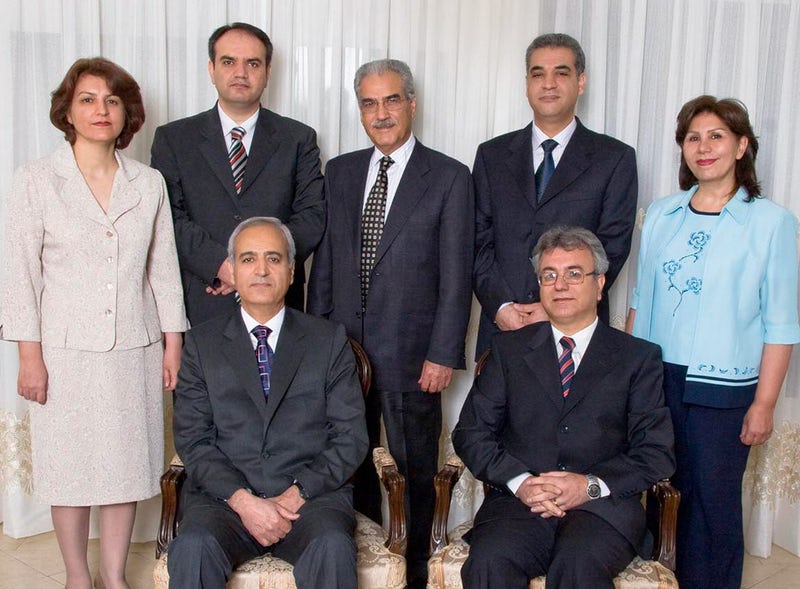
Persecution of Baha'is
Thousands of people have given their lives for Baha’u’llah’s faith, mostly in the country of its origin. Baha’is in Iran still may not go to university and have restricted job opportunities. Dozens have been imprisoned for their faith in this century and two successive Baha’i national councils were executed- all 9 members- both men and women- in the late 20th century. Despite these persecutions, Baha’is in Iran have remained faithful to His teaching of eschewing violence. The accompanying picture is taken one month before the imprisonment of these Persian Baha'is.

Impact of God's Revelation
Baha’u’llah declared that the forces released in the world with a new revelation from God go beyond the specific teachings of the religion it forms. It is an awakening of human consciousness and Baha’u’llah foretold that “new and wondrous sciences” and “potent and effective crafts” would be manifested over time, as a reflection of how our time in history is especially blessed. The advances in science and technology since the revelation of those words is astonishing. They have created the mechanism whereby the unity of humanity- the promise and purpose of His revelation- can be practically realized.
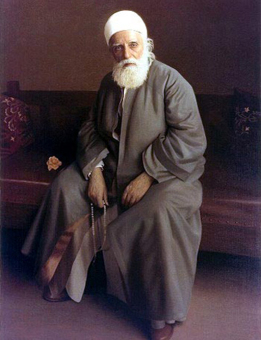
'Abdu'l-Baha'
Baha’u’llah’s son ‘Abdu’l-Baha was a significant figure of the 20th century, particularly in America and Europe where he presented his father’s teachings to large crowds in 1912. He proclaimed the oneness of humanity, urged blacks and whites to marry, spoke out against all forms of racial inequality, promoted science and learning, encouraged the development and full participation of women in all levels of society, and laid down the fundamental philosophical basis for his Father’s religion. ‘Abdu’l-Baha’ is adored by Baha’is and his writings and talks are extraordinarily eloquent and clear. With no formal education and having lived most of his life as a prisoner, he was objectively one of the most remarkable humans to ever live. “Selections from the Writings of ‘Abdu’l-Baha’” is a good place to start with his writings.
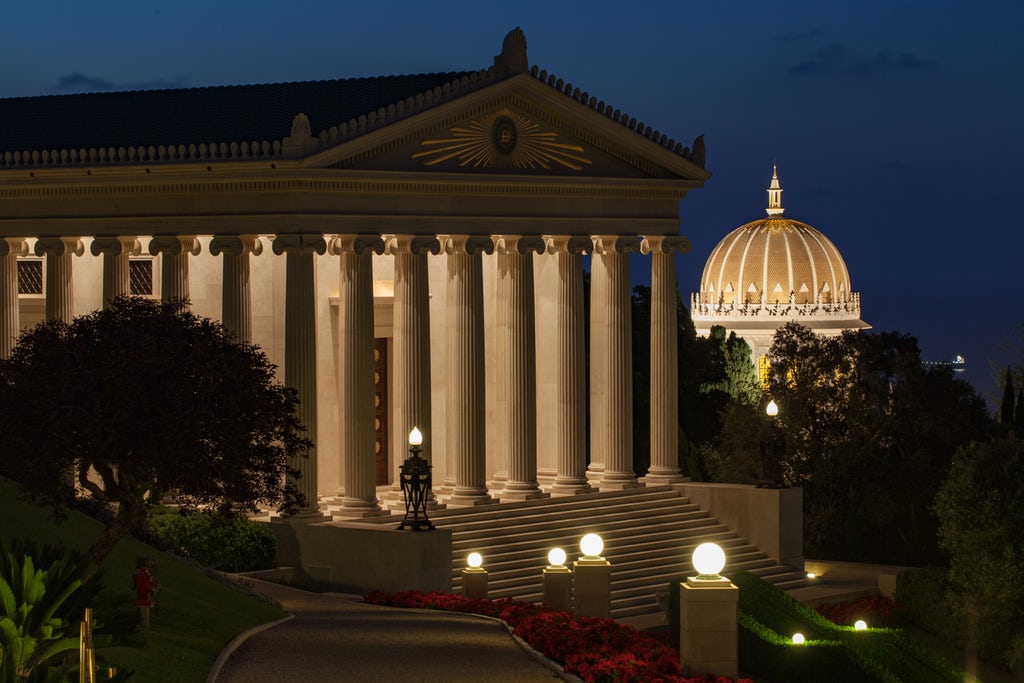
A Religion to Unite must remain Unified
Baha’u’llah, in order to ensure the unity of His faith after His death, made a covenant with his followers to follow the lines of authority after Him. He appointed ‘Abdu’l-Baha’ as the Center of his covenant and ordained that all Baha’is must be loyal to ‘Abdu’l-Baha. At his passing, ‘Abdu’l-Baha’ appointed his grandson Shoghi Effendi, who led the faith for 36 years, as the Center of the Faith. Baha’u’llah had ordained the Universal House of Justice would ultimately lead the Faith, and it was first elected in 1963 and is now the Center of a unified world-wide Baha’i community.
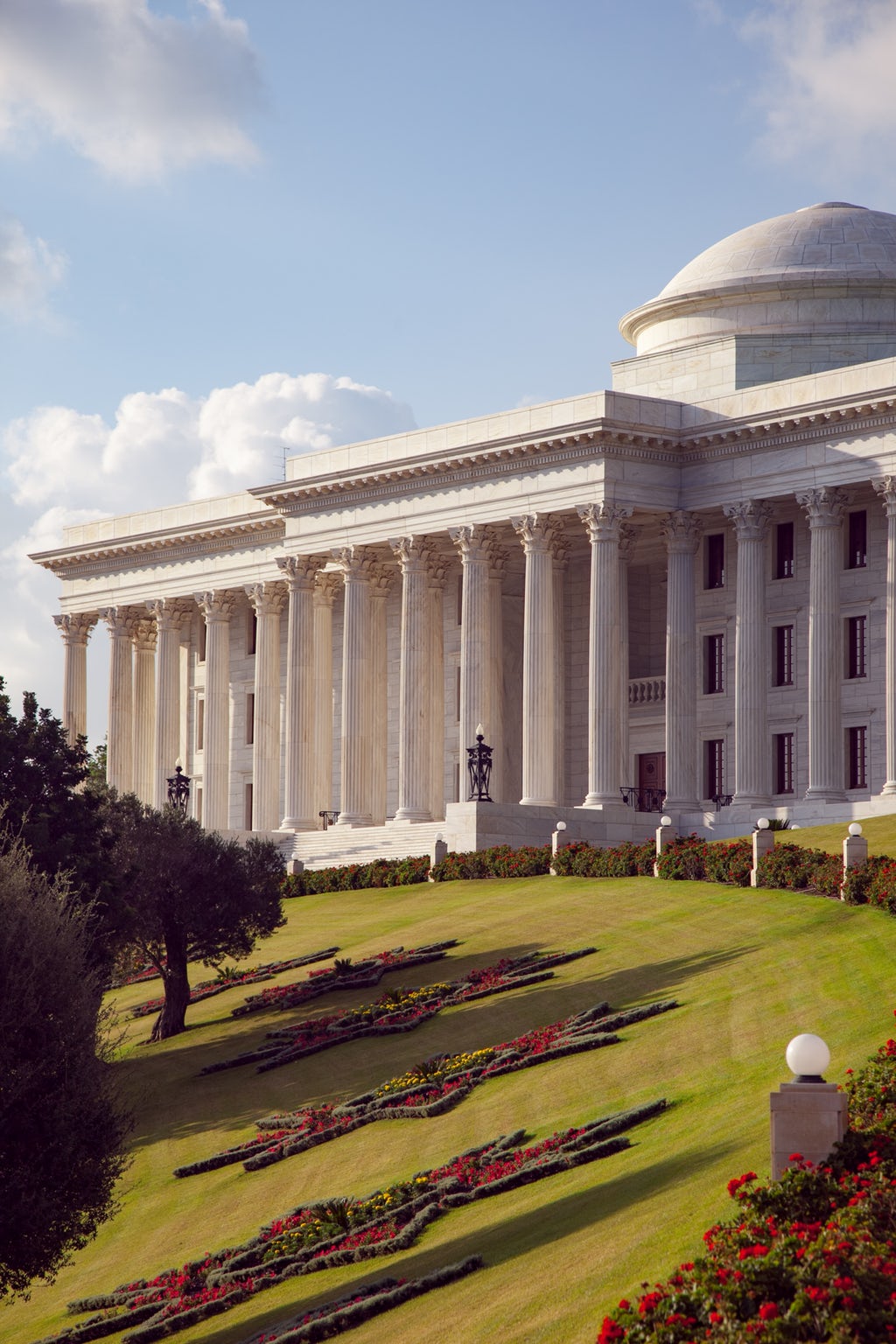
The Universal House of Justice
The Universal House of Justice is elected by international election every 5 years. No opinion of any member of the House of Justice on any issue is ever known publicly. All consultations are private and decisions are presented as the decision of the House of Justice with no personal connotations. For reasons that ‘Abdu’l-Baha’ said would be apparent in the future, membership on the Universal House of Justice is confined to men, but membership is not considered a role of personal leadership and all members are elected without volunteering or campaigning for the role. It is a call to service only. All other service and leadership roles in the Baha’i Faith are shared by women and men. The Universal House of Justice is beloved by Baha'is and elected in a spirit of reverence and dignity.

Love and Detachment
Love and detachment are two spiritual qualities that infuse Baha'u'llah's message. Detachment is the quality in humans where spiritual and moral qualities infuse our lives and decision-making. "Attachment" is when we are turned towards our material interests or the satisfaction of our ego as our primary goal. Addiction is an extreme form of attachment. The ability of humans to be "detached" and act on spiritual, moral, and rational principles is what distinguishes us from animals.

No Monasticism and Ascetisicm
In previous revelations, becoming a monk or other form of ascetic was considered an ideal. Monks and priests played an important educational role as people were largely illiterate and ascetic communities were bastions of spiritual and rational inquiry. In our time however, Baha'u'llah said that detachment should be regarded as a spiritual quality and not a way of life, to be expressed in service to others as part of the larger community. He specifically addressed Christian monks and priests, as well as mystics from other faiths, and urged them to marry and be productive in society.

Baha'i Funds
Baha’is contribute money to their Faith voluntarily and only as spurred by their own conscience. Baha’u’llah encouraged that 19% of an individual’s “luxury income”, the money left over after all debts are paid and one’s family’s material needs addressed, be given to the Universal House of Justice for the support of the Faith, education of children, and to support the impoverished. Baha’u’llah described the House of Justice as a “shelter for the poor and needy” whose first priority is education.

Adoption
Baha’u’llah encouraged his followers to adopt children, or otherwise ensure that children other than their own are educated and have equal opportunity in life, stating that “whoever brings up the child of another, it is as if he has brought up a child of Mine”.

The Word of God
Baha’u’llah wrote His tablets in a metaphorical and poetic style that is unique and powerful, and unlike anything people have ever read. It is the effect that results when God expresses sublime spiritual truths in the garment of mere words. Every word has layers of meaning and the experience of reading the Word of God is like swimming in a spiritual ocean.

Promotion of Music and the Arts
Baha’i’s promote the arts and music, and both are considered spiritual pursuits with music described specifically by Baha’u’llah as a “ladder for our souls”.

Prayer, Meditation, and Fasting
Baha’u’llah ordained that Baha’is must pray and meditate daily and he provided three options for “obligatory prayer”, the shortest being only a few lines. Baha’is fast for 19 days in the spring of each year, refraining eating or drinking when the sun is up as a symbol of self-restraint, culminating in the Baha’i new year, the first day of spring.

Justice and Fairmindedness
Baha’u’llah laid great emphasis on the quality of “fair-mindedness” stating that “he who is unjust in his judgement is destitute of the qualities that distinguish man’s station”. He encouraged people to “look into all things with a searching eye”. Justice, purity of heart and mind, detachment from ego, and truthfulness are primary teachings of His Faith.

Bearing Arms
Baha’u’llah forbade his followers from carrying guns or other weapons unless it is essential to their job. Hunting is not prohibited in the Baha'i Faith, as some cultures still hunt for food, but it should be under limits to ensure it is not to excess. Kindness and respect for animals should be taught to children from an early age.

Diet and Nutrition
Baha’is do not have any specific dietary restrictions, except not drinking alcohol or using any other habit forming drug. Coffee and tea are allowed, even encouraged! ‘Abdu’l-Baha’ said that the future diet of humanity would be largely vegetarian, but it is not mandated.

Material Civilization
Baha’u’llah said the all people "have been created to carry forward an ever advancing civillization". He warned however of the dangers of overly aggressive industrial growth and "material civilization" stating that if it went beyond the bounds of moderation that it would bring great evil upon the world, warning that we would poison our atmosphere. The reality of global warming highlights the truth of these words.

Copper into Gold
Baha’u’llah stated that material civilization must be ruled by wisdom and the moral and spiritual development of human character is foundational to bringing lasting peace and justice to our world . His revelation is intended to make that transformation of human character, a transformation he metaphorically described as the changing of copper into gold.